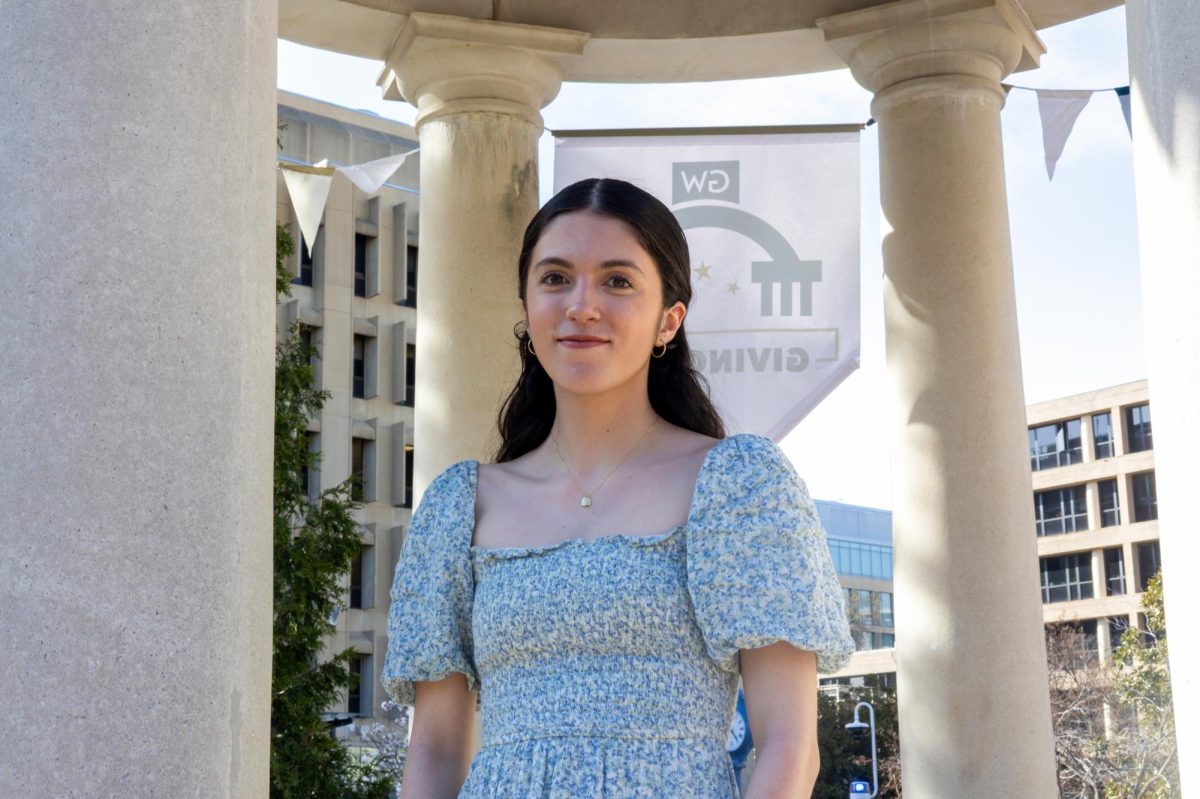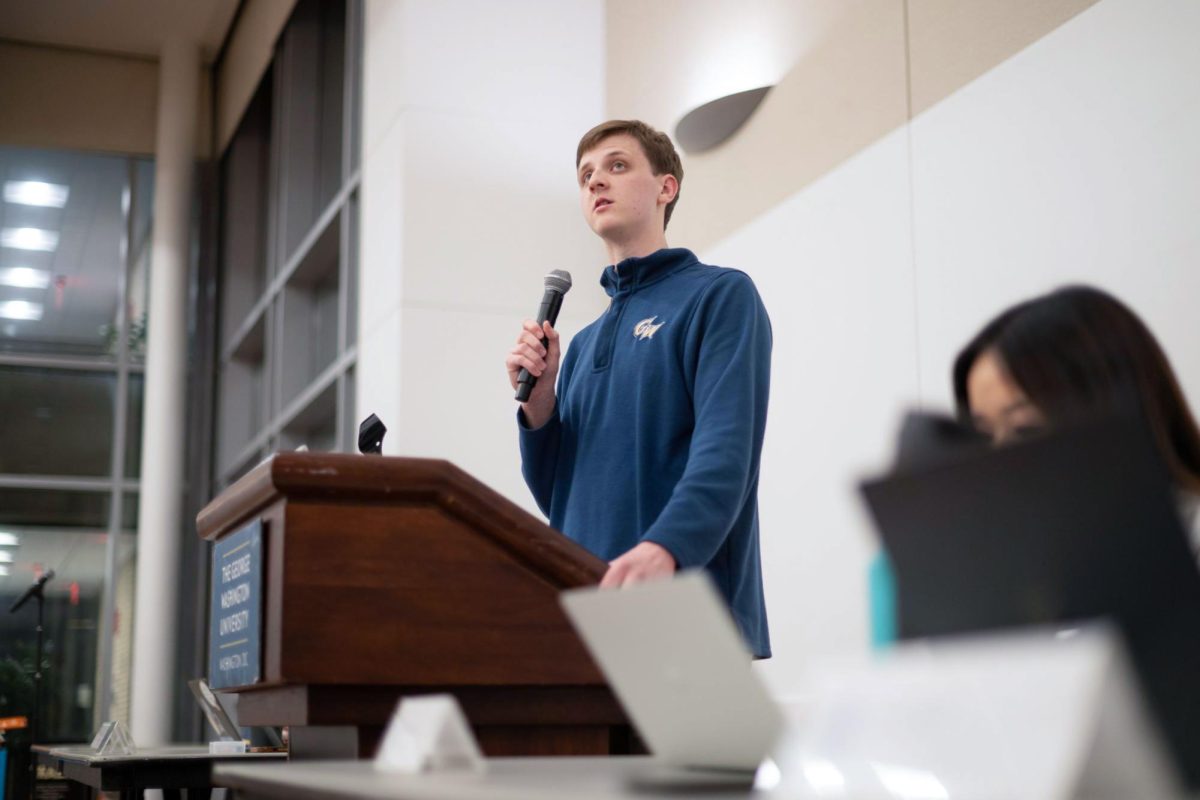The Student Association’s Graduate Senators Caucus released a statement Tuesday criticizing officials’ decision not to grant graduate students a tuition reduction during virtual instruction.
After graduate students were not included in a 10 percent tuition reduction provided for undergraduate students for the academic year, the caucus submitted a tuition report, documenting graduate students’ experiences related to the cost of virtual instruction, to University President Thomas LeBlanc and Provost Brian Blake in December. SA Sen. Sebastian Weinmann, Law-G and the chair of the Graduate Senators Caucus, said not treating graduate students the same as undergraduates “is nothing new.”
“I have seen and experienced first-hand how the University prioritizes the needs and concerns of undergraduate students over graduate students, despite the fact that GW is a majority-graduate institution,” Weinmann said in an email.
He said the letter demands officials commit to a 10 percent tuition reduction for graduate students and provide an “actual” explanation for why graduate students did not receive a tuition reduction for the fall and spring semesters.
The tuition report found that more than 80 percent of graduate students do not believe officials are supporting them as they are undergraduates during the COVID-19 pandemic. The report also states 50 percent of graduate students were unable to find a source of income and more than 60 percent are “not likely” to recommend their graduate program to a potential student because of the lack of a tuition reduction.
Officials announced before the fall semester that graduate students’ tuition would not be increased for the academic year rather than a reduction similar to that for undergraduate students. Graduate students sent a petition, which gained more than 700 signatures, to officials in late July and launched an email campaign to Board of Trustees Chair Grace Speights but did not receive a response, according to the statement.
Weinman said he believes officials do not treat graduate and undergraduate students the same way because administrators think graduate students “will not fight back” and actions from graduate students will not result in any “consequences” for the University.
“I hope the GSC has made them realize that is not true,” Weinmann said.
Graduate students were also able to request funding from the University’s CARES Fund – money allocated to support students facing financial difficulties amid the pandemic.
Blake and other top academic leaders released a letter in late January in response to the tuition report, stating officials chose not to increase graduate school tuition in light of the pandemic. The letter states all schools “strived” to provide graduate students a “fulfilling student experience and a high-quality education” during virtual learning.
Officials kept graduate tuition at the 2019-20 rate for “most programs” but do not currently have plans to further reduce graduate student tuition, the letter states.
“We will remain mindful and understanding about the ongoing pressures that our graduate students face in the pandemic,” the letter states.
The letter added that graduate students have access to the Academic Commons and Counseling and Psychological Services and the Office of Graduate Student Assistantships and Fellowships to find opportunities for school and department funding.
Blake did not immediately return a request for comment through a spokesperson.







